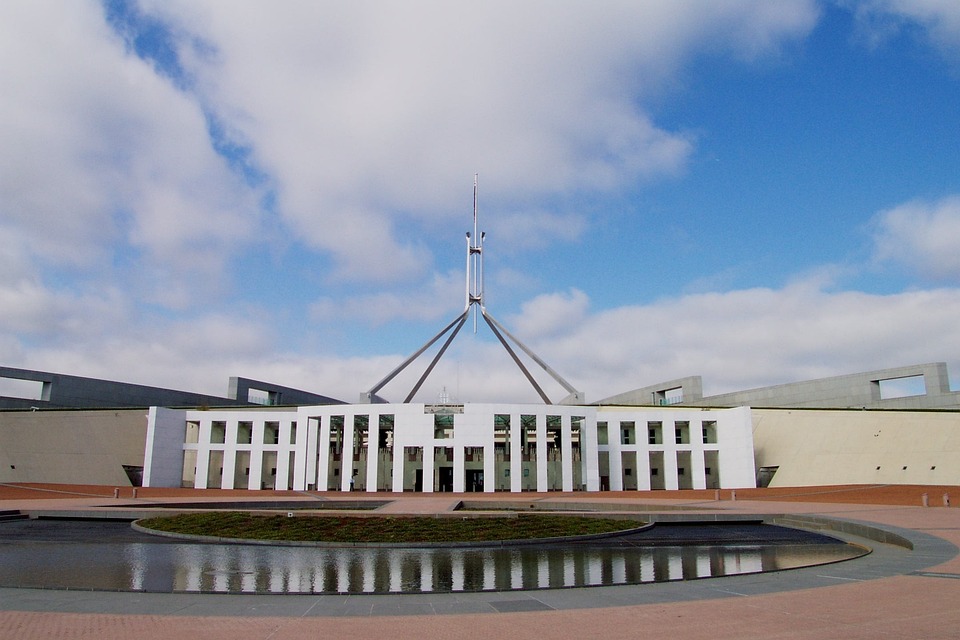
The latest report from the Royal Australian College of GPs (RACGP) indicates that mental health issues are now the primary reason for visits to general practitioners (GPs) across Australia. According to the Health of the Nation 2025 report, 71% of GPs identified mental health as a top reason for patient presentations, marking a significant increase of 10% since the survey commenced in 2017.
Dr. Michael Wright, President of the RACGP, emphasized the critical role GPs play in addressing mental health concerns. “GPs are often the first point of contact for individuals experiencing mental illness,” he stated. The report highlighted that there was a notable rise in mental health appointments during the COVID-19 pandemic, and these high levels have persisted into the present.
The need for continued investment in general practice care is evident, as Dr. Wright noted the importance of increasing patient rebates for longer consultations. This is particularly crucial for patients seeking mental health support and those managing chronic diseases that can affect their mental wellbeing.
Gender Disparities in Mental Health Presentations
The report also revealed gender differences in how GPs perceive mental health issues among their patients. Female GPs reported a higher proportion of psychological concerns, with 75% indicating it as one of their top three reasons for patient visits, compared to 66% of male GPs. Overall, 71% of GPs cited psychological issues as a significant concern.
Further insights revealed that approximately 43% of the Australian population, or around 8.5 million people, have experienced a mental illness at some point in their lives. Anxiety and depression emerged as the most common mental health presentations. Alarmingly, the report highlighted that one in five individuals aged over 15 who needed to consult a health professional for mental health reasons either delayed or did not attend due to costs.
Women are more likely to seek assistance from GPs for mental health issues, with 15.9% of women consulting compared to 9.4% of men. Nonetheless, women also faced financial barriers, as 11.5%8.1%Call for Increased Support and Funding
As mental health continues to emerge as a pressing issue, 57% of GPs expressed concern about the future of mental health care in Australia. They are urging government leaders to take decisive action. Dr. Wright pointed out that mental health care is multifaceted, requiring discussions that encompass various aspects of a patient’s life, including social, physical, and educational factors. To address these challenges, the RACGP is advocating for a 40% increase in patient rebates for longer consultations and a 25% increase for mental health items under Medicare. For many, general practice remains the sole access point for mental health services, especially in rural and remote areas. Increasing patient rebates to align with inflation is essential to ensure all Australians can access trusted GP care for mental health issues without prohibitive out-of-pocket expenses. As the demand for mental health support continues to grow, the call for enhanced funding and resources has never been more urgent.






